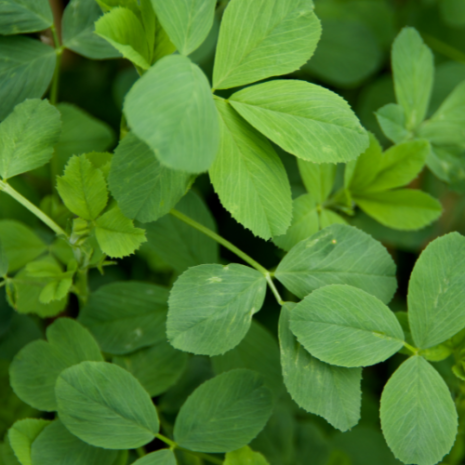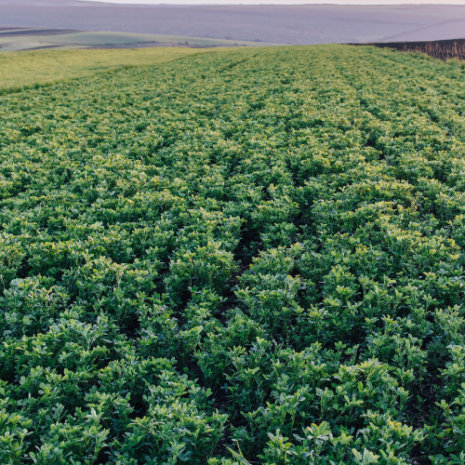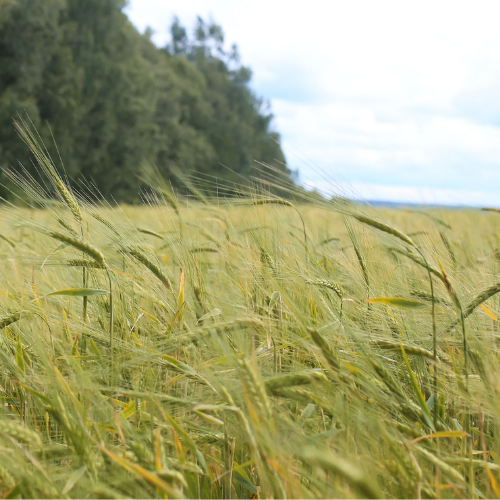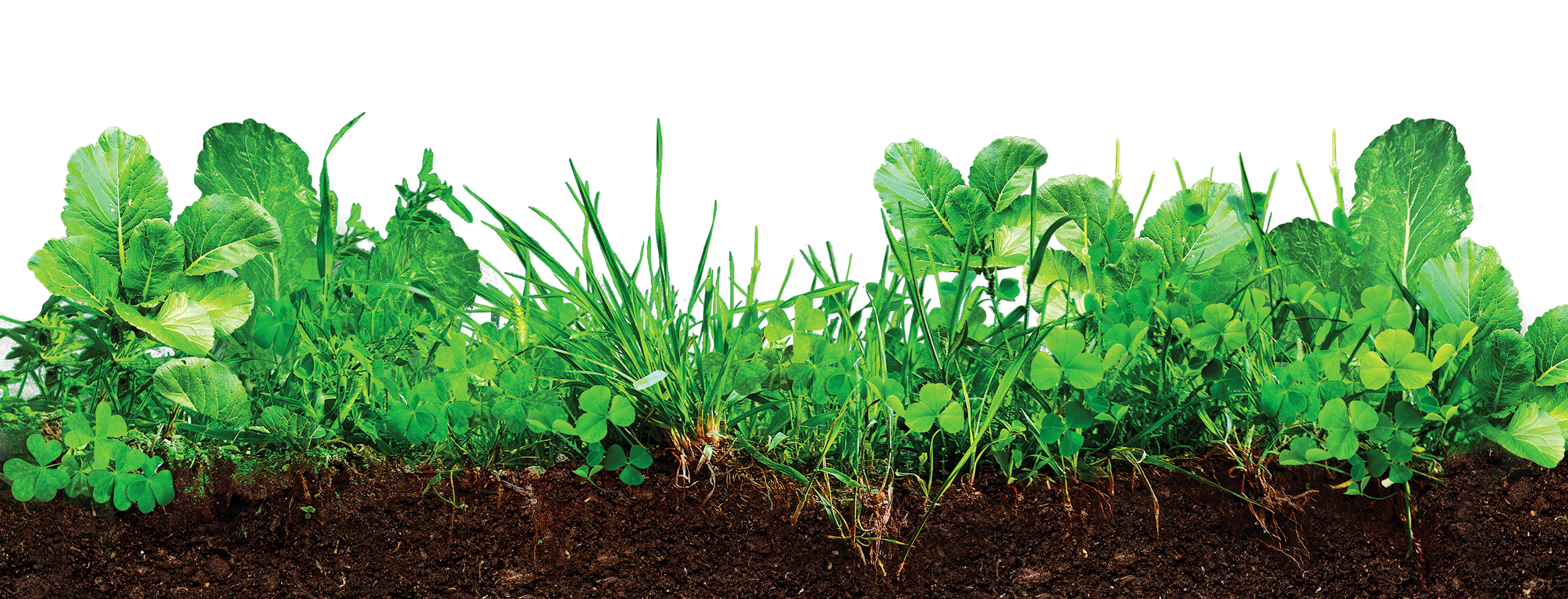Alfalfa
$194.00
Eagle Seed’s perennial Alfalfa is super-high in digestible proteins, minerals and nutrients. It is easy to grow and has a fall dormancy rating of 3-5.
Product Weight
Coverage Area
Add Inoculants for Best Results
Important Notice
Most orders placed on business days are shipping quickly. Most go out the same day or the next day. However, it is best to order a couple of weeks before planting in case of shipping, weather or other delays.
All orders are subject to availability, germination, and trait license. Xtendflex and Enlist products require patent permission for use of the technology. The license to use these products is free and easiy to acquire by going to agcelerate.com.
If you qualify for tax exempt status, please provide your documentation prior to checkout. Dealer prices may vary from our listed prices. Prices are subject to change without notice and may differ based on location, dealer policies, and other factors. Please check with your local dealer for the most accurate pricing information.
Maintaining high germinability is important to us. Seed is a living organism and since we cannot control after purchase storage conditions off our property, we cannot accept returns. For best product performance always store products properly in a dry, cool place to maintain high germinability.
Description
Start with good pH, 6.5 or better.
Planting can occur with a nurse crop such as oats or wheat. This is because alfalfa is a perennial and is slow to establish.
Make sure you have 150 ppm of K and 30 ppm of P for high yield alfalfa.
Seeding depth is 1/4 to 1/2 inch. Ideally 3/8 of an inch if using a planter. Ideal stands would have 30-35 plants per square foot.
Drilling rate is 15-18 lbs per acre; Broadcasting rate is 20-25 lbs per acre.
Sow Mid April through May in the Upper Midwest. In Northern regions, plant closer to June. Seeding in cold conditons can reduce emergence and seed infections. Late plantings are like to suffer drought stress and suffer poor emergence. In the warmer climates, seeding in early September can be accomplished.
If you are planting later in the year, it is best to drill alfalfa since the seed has a high water requirment for germination.







